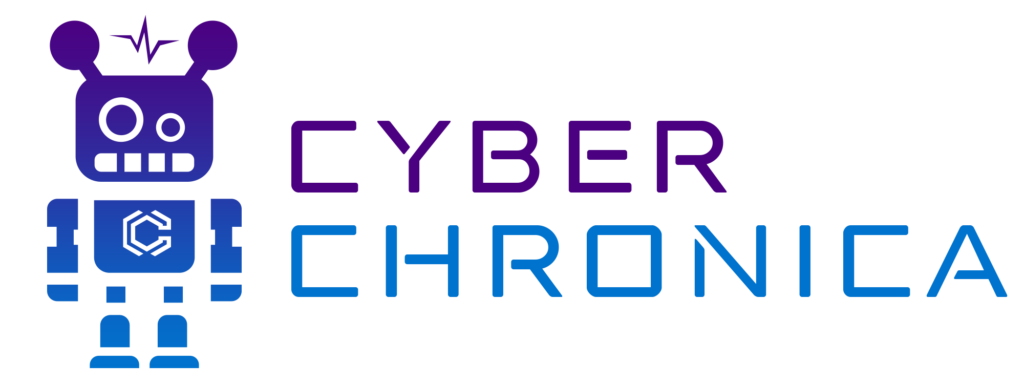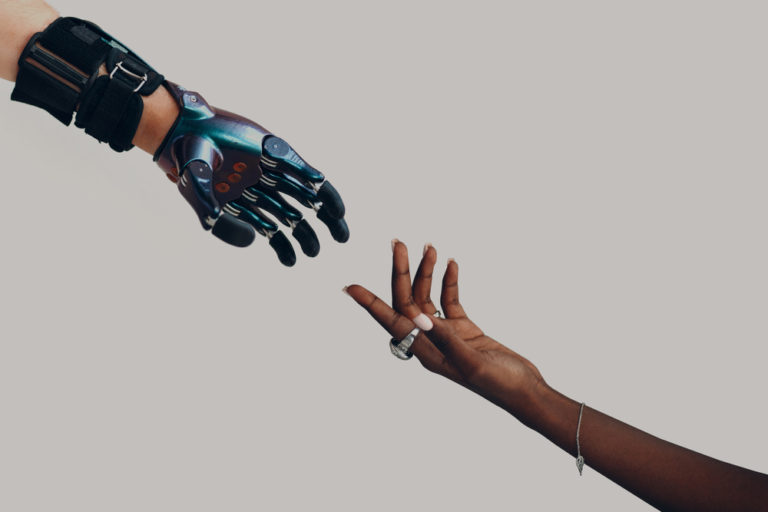Bionic Arm Interfaces Become More Robust Due to New Technology
Dennis Yeung, a Ph.D. student at Aalto University, and his research group have invented a new form of technology that improves the compatibility of a prosthesis with the severed region. Individuals with an amputated upper limb may operate the robotic prosthesis by contracting their residual muscles. Advanced prostheses include machine learning techniques to assist in interpreting these user-generated signals. These connections are often susceptible to external causes, such as sweat, and deteriorate with time. Unsupervised adaptive myocontrol (UAM) is a myoelectric interface that extracts natural motor synergies from multi-muscle data and adjusts to new user inputs in real-time.
UAM has been evaluated by a series of virtual target reaching activities done by healthy and amputee volunteers. Tests were done under normative and electrode perturbed settings to assess control robustness.
Source: https://neurosciencenews.com/learning-arm-prosthetics-20225/






